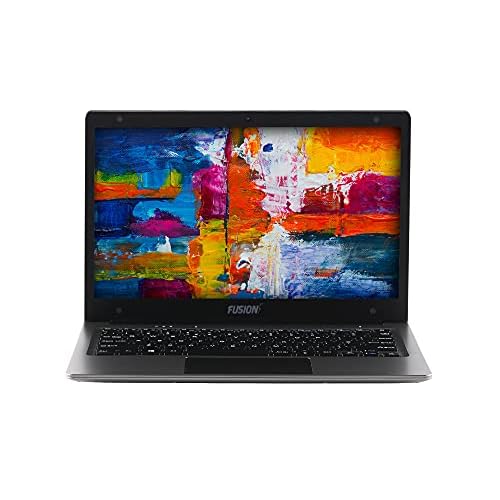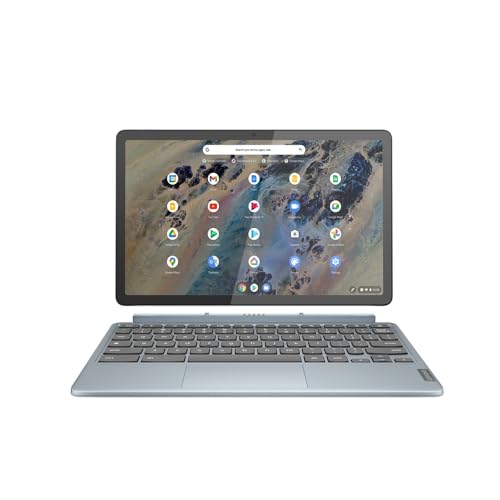
As you reflect on your gaming setup, consider how the shift from membrane to mechanical keyboards has impacted your gameplay experience. The meticulous engineering behind each key press has redefined precision and responsiveness in gaming peripherals. But what specific features have truly set mechanical keyboards apart from their membrane predecessors? Explore the intricacies of this evolution to uncover the subtle yet crucial differences that have shaped the gaming landscape.
The Rise of Membrane Keyboards
Membrane keyboards quickly gained popularity in the gaming community due to their affordable price point and quiet key presses. These keyboards utilize a flexible membrane layer that registers key presses when you apply pressure. The membrane design allows for a slim profile, making them lightweight and easy to transport to gaming events or LAN parties.
One of the key advantages of membrane keyboards is their relatively low cost compared to mechanical keyboards. This affordability made them accessible to a wider range of gamers, especially those on a budget or just starting in the gaming world. Additionally, the quiet key presses of membrane keyboards were a significant selling point for gamers who preferred a more discreet gaming experience, especially during late-night sessions when others might be sleeping nearby.
Despite their popularity, membrane keyboards do have some drawbacks. The key presses may feel mushy or less responsive compared to mechanical keyboards, which could affect your gaming performance, especially in fast-paced games that require quick inputs.
Transition to Mechanical Switches
As you explore the realm of gaming keyboards further, a notable shift emerges towards the realm of mechanical switches. Mechanical switches offer a more tactile and responsive typing experience compared to membrane keyboards. The distinct click sound and satisfying feedback of mechanical switches can enhance your gaming performance by providing precise key actuation.
One key advantage of mechanical switches is their durability. With a longer lifespan and the ability to withstand intense gaming sessions, mechanical keyboards are a reliable choice for avid gamers. Additionally, the customization options available with mechanical switches allow you to select the type of switch that best suits your gaming style, whether you prefer linear, tactile, or clicky switches.
The transition to mechanical switches signifies a commitment to performance and reliability in the world of gaming keyboards. With their improved responsiveness and durability, mechanical switches have become a popular choice among gamers seeking a competitive edge. Embracing this shift can elevate your gaming experience to new heights.
Innovation in Key Switch Technology
Innovative advancements in key switch technology have revolutionized the landscape of gaming keyboards, offering enhanced performance and customization options. Keyboards now feature a variety of switch types, each with distinct characteristics tailored to different user preferences. Mechanical switches, known for their tactile feedback and durability, come in various flavors such as Cherry MX, Razer Green, and Gateron. These switches offer responsive actuation points and satisfying clicky or linear feedback, catering to gamers seeking precision and speed.
Moreover, optical key switches have emerged as a cutting-edge alternative, utilizing light-based actuation for faster response times compared to traditional mechanical switches. These switches eliminate debounce delay, ensuring every keystroke is registered instantly, ideal for competitive gaming scenarios where split-second reactions are crucial. Additionally, hybrid switches combine the best of both worlds, blending mechanical and membrane technologies to provide a balance of tactile feedback and quiet operation.
Future Trends in Gaming Keyboards
Looking ahead, the evolution of gaming keyboards will likely focus on integrating advanced AI technologies to enhance user experience and performance. AI-powered keyboards could anticipate your actions, adapting to your playstyle in real-time for improved responsiveness. Imagine a keyboard that adjusts key sensitivity based on the game you’re playing or provides personalized shortcuts based on your gaming habits. These advancements could revolutionize how gamers interact with their keyboards, making gameplay more intuitive and efficient.
Furthermore, future gaming keyboards may incorporate biometric sensors to monitor your vital signs during intense gaming sessions. By analyzing this data, the keyboard could suggest breaks when it detects signs of fatigue or stress, promoting healthier gaming habits. Additionally, we may see keyboards implementing haptic feedback technology to provide tactile responses, enhancing immersion and responsiveness in games.
Trending Products














